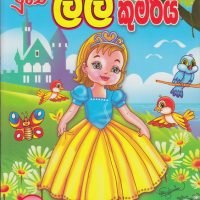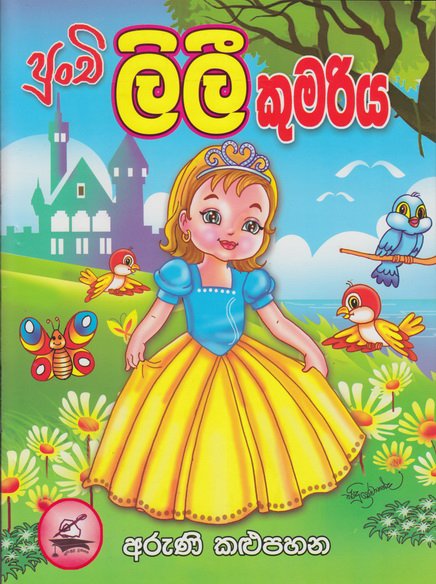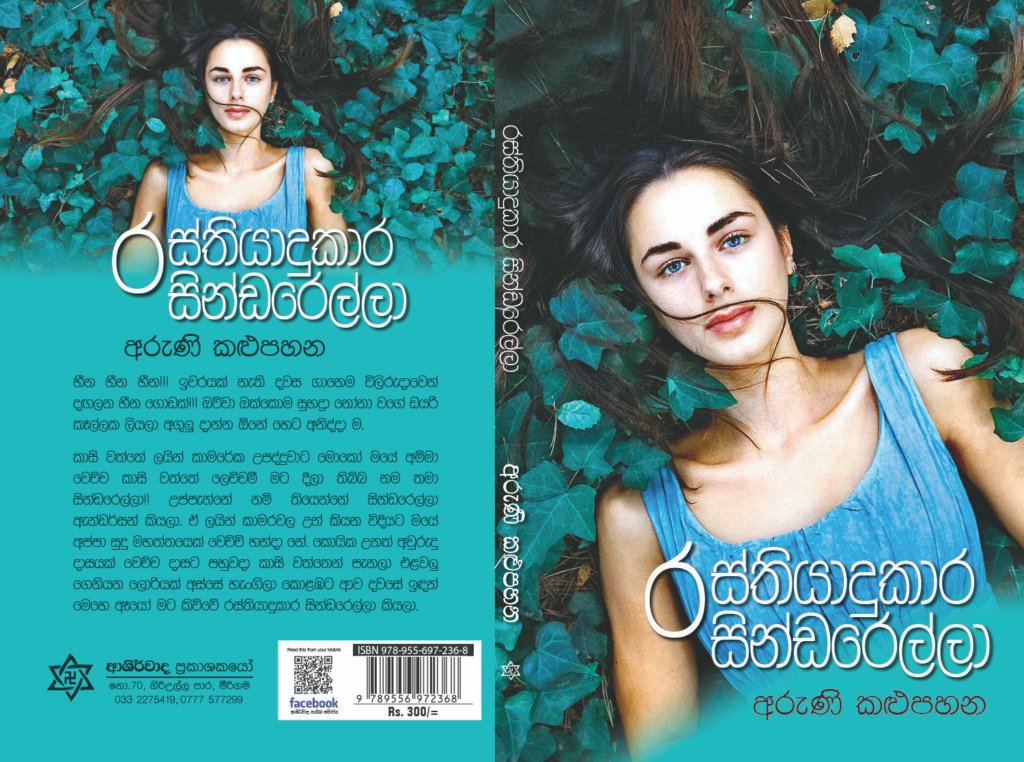The Books That Built
the Journey
Each book is a piece of the world Aruni has imagined — from poetic fragments to bold reflections






01. Kaviya Numba Sulaga Se Vith
Kaviya Numba Sulaga Se Vith (2013) is a poignant Sinhala poetry collection written by Aruni Kalupahana at just 18 years old, during her final years of school. The book explores the emotional and psychological landscape of women’s lives through the metaphor of the four seasons — equating birth, youth, middle age, and old age to spring, summer, fall, and winter. With remarkable insight and sensitivity, Aruni captures how women experience life, identity, and emotion, reflecting on the joys, griefs, transformations, and quiet strength that define each stage of womanhood.
Read More
This collection marked a turning point in Aruni’s literary journey, earning her national attention as a rising voice in contemporary poetry. In 2014, the Sri Lanka Press Council hosted a dedicated poetry reading and public discussion on the book — a rare recognition for a school-aged author. Kaviya Numba Sulaga Se Vith remains a defining early work that introduced Aruni’s lyrical style and emotional depth to the literary world, continuing to resonate with readers who seek authentic, soul-driven storytelling in verse.
02. Little Princess Lilly
Little Princess Lily (2015) is a heartwarming children’s story written by Aruni Kalupahana during her childhood — a simple, magical tale born from her imagination at the age of ten. As a young girl, Aruni often spent her school vacations filling notebooks with stories, creating whimsical worlds and characters just for fun. Years later, one of those stories was rediscovered by her cousin, who surprised her by publishing it as a gift through his publishing company.
Read More
What began as a personal childhood creation soon became a favorite among young readers. Little Princess Lily captured the hearts of school children with its innocence, charm, and gentle life lessons — reminding us that stories written from the heart, no matter how small, can touch lives in unexpected ways. This book holds a special place in Aruni’s journey, not only as her first published children’s story, but as a lasting memory of the little girl who always believed in the magic of storytelling.

03. Rasthiyadukara Cinderella
2017
Rasthiyadukara Cinderella (The Loitering Cinderella) is a bestselling Sinhala novel by Aruni Kalupahana, widely praised for its emotional honesty, social relevance, and fearless critique of systemic injustice. Set amidst the mist-covered tea estates of Sri Lanka, the story follows Cinderella Anderson, a teenage girl born to a Tamil plantation worker and an absent English father. Raised in a line room surrounded by poverty, isolation, and cultural division, Cinderella’s life becomes a reflection of countless young girls growing up in the shadows of the country’s colonial past.
Read More
The novel is inspired by real-life stories Aruni encountered as a journalist traveling across rural Sri Lanka — particularly within the tea estate communities, where generations of Tamil families brought from India during British colonial rule still face systemic marginalization. Even today, many children in these regions are denied access to education, healthcare, and safety, despite their quiet longing for a better life. In Rasthiyadukara Cinderella, Aruni gives these hidden voices space on the page — exploring deeply rooted issues like child pregnancy, domestic abuse, alcoholism, cultural erasure, and the invisible labor of girls who are taught to survive, not dream.
Told in a raw, first-person voice, the novel captures Cinderella’s escape from the estate and her search for freedom in the city of Colombo. There, she confronts class hypocrisy, fractured identity, and a society that refuses to see her. Yet even through heartbreak, Cinderella continues to question, observe, and rise — not as a victim, but as a quiet force of resistance. First serialized in a national youth newspaper for readers aged 16 to 23, the novel quickly became a national bestseller and led to Aruni being invited to represent Sri Lanka at the SAARC Writers and Literature Festival in India.
Rasthiyadukara Cinderella is more than a novel — it’s a social portrait painted with empathy and fire. It challenges readers to look beyond privilege and ask: what happens when a girl is born into silence, but refuses to stay quiet? For anyone who believes in the transformative power of fiction, this is a story that stays with you — tender, unsettling, and utterly real.

04. Aaala Sallapa
Aaala Sallapa (2019) is a Sinhala poetry collection by Aruni Kalupahana that explores the many shades of love through lyrical, emotionally layered verses. Centered around the idea that love takes many forms — from romantic longing and fleeting encounters to heartbreak, silence, and unspoken connection — the poems capture the complexities of human emotion with tenderness and depth. Each piece reflects a situation, a moment, or a mood in which love quietly reveals itself.
Read More
The collection was written during Aruni’s time at the University of Sri Jayewardenepura, as part of her final thesis for the Diploma in Writership and Communication. Blending personal insight with literary craft, Aala Sallapa marks a mature and introspective phase of Aruni’s early writing journey. It remains a deeply personal and relatable body of work for readers who have loved, lost, or lived with the quiet echoes of affection.
